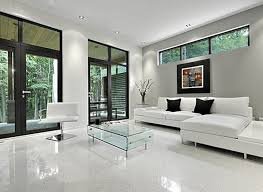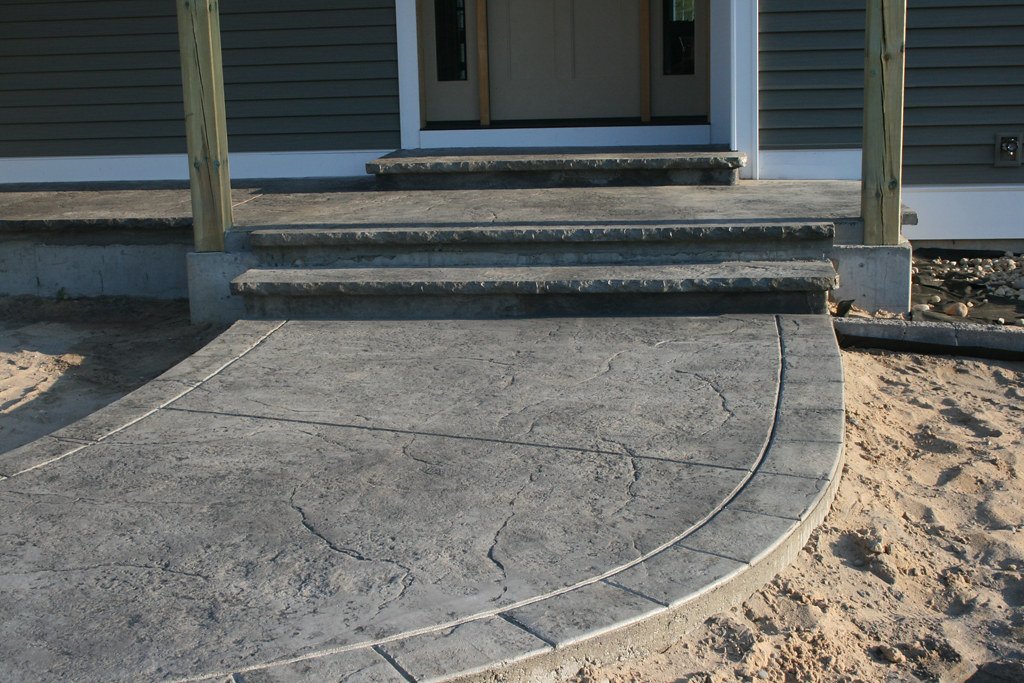Quartz floors are quickly becoming a favorite among homeowners, designers, and architects alike—and for good reason. Offering a luxurious look, incredible durability, and low maintenance, quartz flooring is an ideal option for both residential and commercial spaces. Whether you’re remodeling your home or designing a new office, quartz can elevate your space in more ways than one.
What Are Quartz Floors?
Quartz flooring is made from a combination of natural quartz crystals and high-performance resin. Unlike natural stone flooring like marble or granite, quartz floors are engineered—meaning they’re man-made under controlled conditions, allowing for uniformity in appearance and enhanced performance features.
These floors typically come in tiles or slabs, and they can mimic the look of natural stone, concrete, or even wood, making them incredibly versatile in terms of aesthetics.
Benefits of Quartz Flooring
1. Stunning Visual Appeal
Quartz floors are known for their glossy finish, rich color options, and seamless design possibilities. You can choose from an array of tones—from subtle neutrals to bold, dramatic hues. Quartz can also be customized with veining, metallic flecks, or matte finishes to suit any design theme.
2. Exceptional Durability
Quartz is one of the hardest minerals on earth, ranking 7 out of 10 on the Mohs hardness scale. When combined with resin, the result is a flooring surface that’s highly resistant to scratches, stains, cracks, and everyday wear and tear.
3. Low Maintenance
Unlike porous materials such as marble or concrete, quartz floors do not require sealing. They’re non-porous, which means they won’t absorb moisture or harbor bacteria. A simple sweep and mop are usually enough to keep them looking pristine.
4. Water & Stain Resistance
Because of its non-porous nature, quartz is naturally resistant to water and stains. This makes it perfect for high-moisture areas like bathrooms, kitchens, or basements.
5. Eco-Friendly Options
Many quartz flooring manufacturers offer eco-conscious products made with recycled materials and low-emission resins. If sustainability is a priority, quartz can be a green choice as well.
Quartz Flooring vs Other Materials
| Feature | Quartz | Marble | Granite | Vinyl |
|---|---|---|---|---|
| Durability | Excellent | Moderate | High | Low to Moderate |
| Maintenance | Low | High (needs sealing) | Moderate | Low |
| Water Resistance | Excellent | Poor | Good | Excellent |
| Design Flexibility | High | High | Moderate | High |
| Cost | Mid to High | High | High | Low |
Ideal Applications for Quartz Floors
- Kitchens – With its resistance to spills and stains, quartz flooring is perfect for food prep zones.
- Bathrooms – Its waterproof nature makes it ideal for humid environments.
- Living Rooms – Create an elegant, seamless look that can mimic stone or wood.
- Commercial Spaces – Offices, retail stores, and lobbies benefit from quartz’s polished appearance and durability.
Things to Consider Before Installation
- Cost: Quartz is more expensive than vinyl or laminate, but generally more affordable than natural stone.
- Professional Installation: Quartz tiles or slabs are heavy and require expert installation for best results.
- Slipperiness: The high-gloss finish can be slippery when wet, though textured or matte versions can help mitigate this.
Maintenance Tips for Quartz Flooring
- Regular Sweeping: Keep floors free of dirt and grit that can cause surface scratches.
- Damp Mopping: Use a mild, pH-balanced cleaner and a microfiber mop.
- Avoid Harsh Chemicals: Stay away from acidic or abrasive cleaners that can dull the finish.
- Use Mats and Rugs: Especially in high-traffic areas or near entryways.
Is Quartz Flooring Right for You?
If you’re looking for a flooring solution that combines beauty, resilience, and ease of care, quartz might just be your perfect match. While it may have a higher upfront cost compared to some alternatives, its long-term value, performance, and aesthetic payoff make it a smart investment for stylish, modern living.
Types of Quartz Flooring
Quartz flooring comes in several different formats and finishes, offering a wide range of possibilities depending on your taste and the space you’re designing.
1. Quartz Tiles
These are pre-cut tiles, typically available in various sizes such as 12×12 or 24×24 inches. They’re great for modular layouts and can be used to create patterns or even mix colors.
2. Quartz Slabs
For a seamless look, quartz slabs are a popular option. These are large, continuous pieces of quartz that offer minimal joints—perfect for modern, minimalist interiors.
3. Crushed Quartz Aggregate Flooring
Often used in commercial or industrial spaces, this type involves broadcasting quartz granules into a resin or epoxy base. It’s extremely durable, slip-resistant, and often used in hospitals, gyms, or commercial kitchens.
4. Polished vs. Matte Finishes
- Polished Quartz is glossy and reflective, adding brightness and a luxurious feel.
- Matte or Honed Quartz has a softer, more natural texture, ideal for rustic or Scandinavian-inspired spaces.
Quartz Floor Design Ideas
Need some inspiration? Quartz flooring works beautifully in a variety of interior design styles:
- Modern Minimalist: Go for large white or light grey quartz slabs with a matte finish for a sleek, serene environment.
- Industrial Chic: Dark quartz tiles with metallic or concrete-inspired textures pair well with exposed brick and metal fixtures.
- Classic Elegance: Choose quartz that mimics marble veining in soft creams and whites for timeless sophistication.
- Bold & Dramatic: Black quartz with gold veining or color-infused quartz tiles can make a striking statement in lobbies or entryways.
Quartz vs. Quartzite: Know the Difference
Though their names sound similar, quartz and quartzite are very different:
- Quartz: Engineered stone made from crushed quartz crystals mixed with resin. Uniform, customizable, and low-maintenance.
- Quartzite: A natural stone formed from sandstone under high pressure. It’s beautiful but more porous and high-maintenance compared to quartz.
If you want the look of natural stone but with fewer headaches, engineered quartz is the better bet.
Environmental Considerations
Quartz flooring can also be part of a sustainable home design strategy. Here’s how:
- Recycled Content: Many manufacturers now use recycled glass, quartz, and stone fragments in their quartz flooring.
- Low VOC Emissions: Premium quartz products are often certified for low emissions, contributing to healthier indoor air quality.
- Longevity: Because quartz flooring lasts for decades with minimal need for replacement or refinishing, it reduces the need for future raw materials and waste.
Cost of Quartz Flooring
Quartz flooring sits in the mid-to-high price range, depending on the quality and finish:
- Materials Cost: $5 to $15 per square foot on average.
- Installation Cost: $4 to $10 per square foot, depending on complexity and location.
- Total Installed Cost: Roughly $9 to $25 per square foot.
While the upfront cost may be higher than options like laminate or vinyl, its durability and aesthetic value can pay off over time, especially in high-traffic or luxury spaces.
Quartz Flooring in Commercial Spaces
Quartz is gaining popularity in commercial design thanks to its performance under pressure. It’s commonly used in:
- Retail Stores: Easy to clean and stylish for creating high-end shopping experiences.
- Restaurants: Non-porous and hygienic, quartz handles spills and traffic with ease.
- Healthcare Settings: Antimicrobial properties and seamless finishes make it ideal for clinics and hospitals.
- Corporate Offices: Durable enough for rolling chairs and stylish enough to impress clients.
Common Myths About Quartz Flooring
Let’s debunk a few misconceptions:
- “Quartz is fragile.”
Not true. Quartz is incredibly hard and resistant to cracking and chipping. - “Quartz looks too artificial.”
Modern quartz can closely mimic natural stone, wood, and even concrete, making it versatile for any aesthetic. - “You can’t use quartz in wet areas.”
Quartz is actually ideal for wet areas due to its water resistance and non-porous surface.
Final Thoughts
Quartz floors are a true marriage of form and function. Their sleek, luxurious look adds value and elegance to any space, while their rock-solid durability ensures they’ll look great for years to come. Whether you’re designing a dream kitchen or upgrading a busy commercial space, quartz flooring brings lasting beauty underfoot.












Leave a Reply